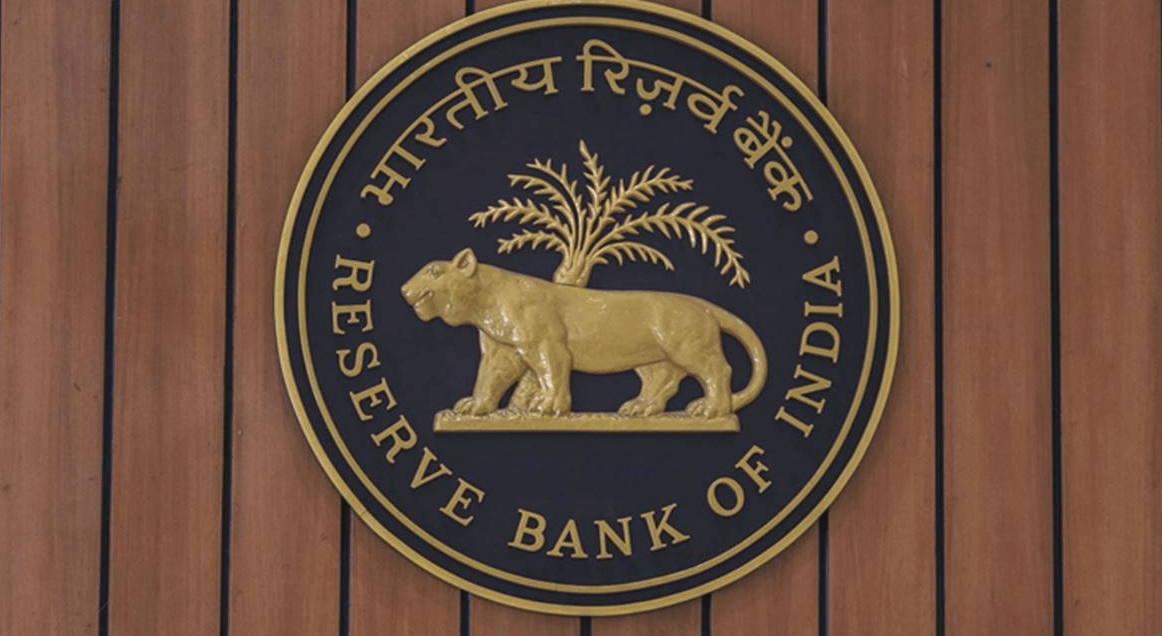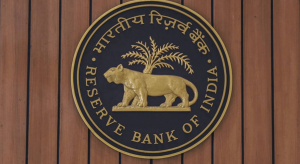Join Our Telegram channel to stay up to date on breaking news coverage
Central Bank Digital Currencies (CBDC) will make cross-border payments more efficient, India’s central bank governor said.
India has created an instant settlement feature that allows its CBDC to play an essential role in cheap, secure, and instant international payments, Reserve Bank of India (RBI) Governor Shaktikanta Das said at the G20 TechSprint Finale on Sept. 4.
The RBI launched a digital rupee pilot in the wholesale sector last November and followed that with a pilot in the retail industry in December.
Both have shown great promise, and RBI has expanding the pilots to more banks, cities, and people, constantly adding new features and use cases and slowly improving the product, Das said.
A CBDC will revolutionize India’s economy.
Speaking of the benefits of CBDCs, Das noted:
Notwithstanding the progress made so far, the key challenges to existing cross-border payments continue to be high cost, low speed, limited access, and insufficient transparency.
India’s Unified Payments Interface (UPI) enables real-time payments and has been a game-changer for digital payments in the country, helping drive financial inclusion by bringing millions to the country’s financial system, he said.
“With over 10 billion transactions a month, the UPI has become the backbone of digital payments in India and has helped to catalyze a wave of innovations in the fintech sector,” Das highlighted.
India and CBDCs
CBDCs use cryptocurrency technology to offer a fast, cost-efficient, and easy way to use money. But some have criticized them over the years as they are heavily centralized, unlike “real” cryptocurrencies such as Bitcoin and Ethereum.
Over the last several years, India has had its fair share of trouble in the crypto sector. Its central bank banned cryptocurrencies in April 2018, only for the Supreme Court to revoke this ban in early 2020.
Now, the central bank is pushing its idea of switching to its CBDC, promising faster international transactions at a lower cost.
Related Articles:
- Reserve Bank of India outlines its plans for a CBDC
- India to Launch A CBDC, Proposes to Ban Private Cryptocurrencies
- Indian Banks Asked To Embrace AI And Blockchain Revolution
Best Wallet - Diversify Your Crypto Portfolio
- Easy to Use, Feature-Driven Crypto Wallet
- Get Early Access to Upcoming Token ICOs
- Multi-Chain, Multi-Wallet, Non-Custodial
- Now On App Store, Google Play
- Stake To Earn Native Token $BEST
- 250,000+ Monthly Active Users
Join Our Telegram channel to stay up to date on breaking news coverage


